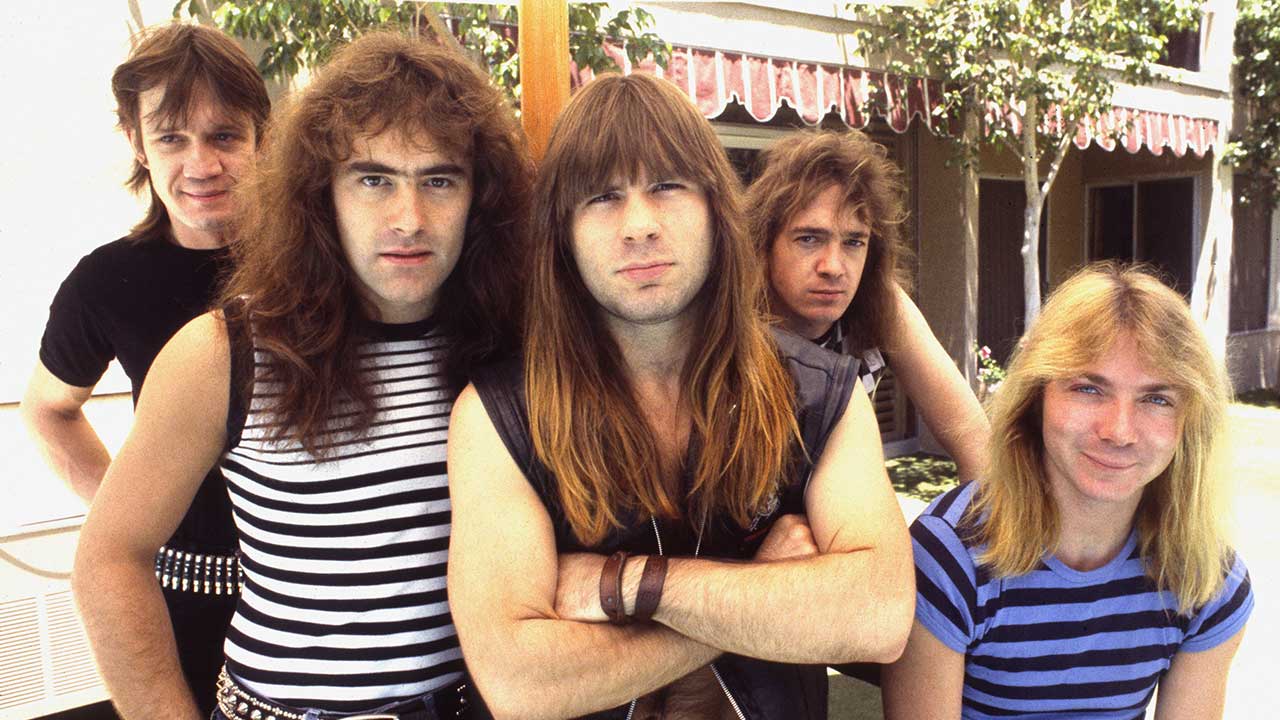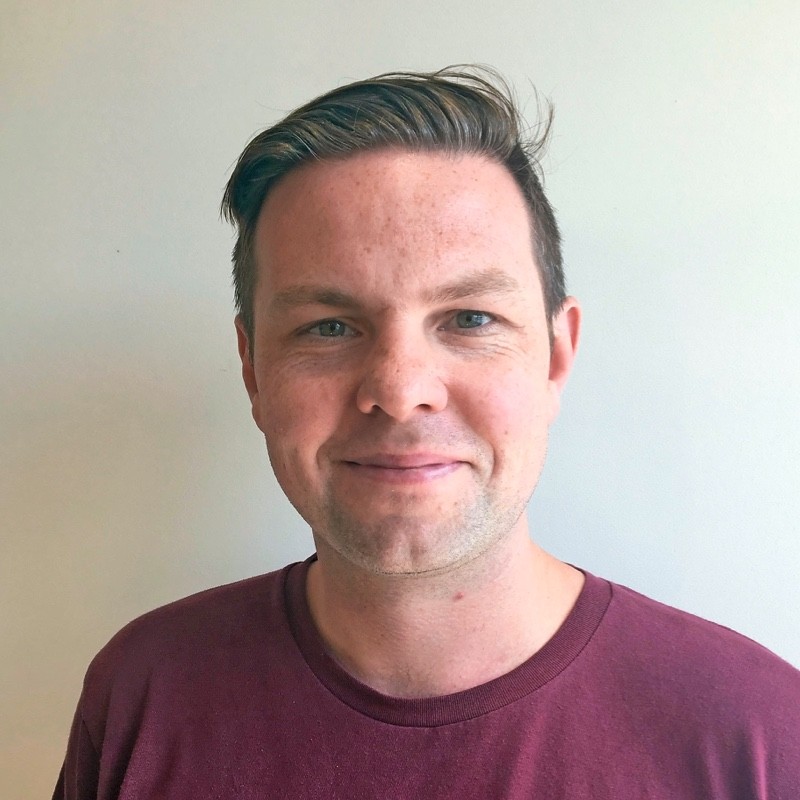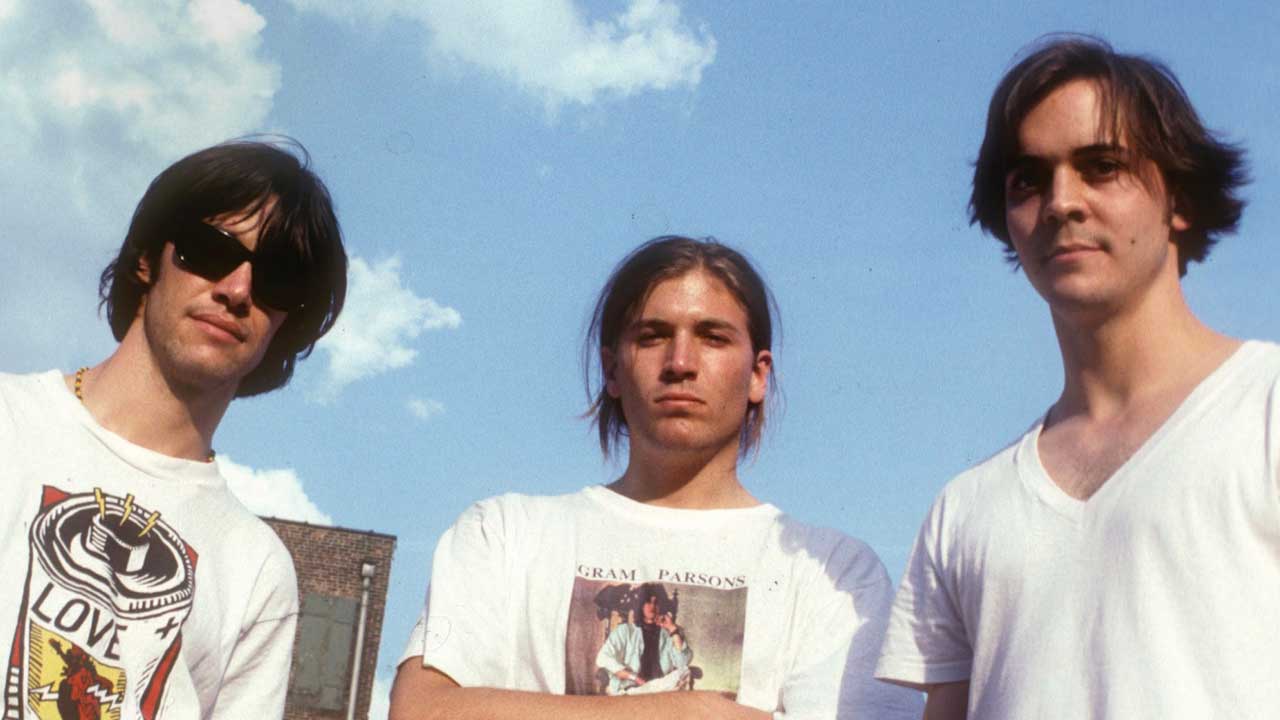The triumph and tragedy of Monsters Of Rock '88: How Iron Maiden's biggest UK show will be forever tinged by disaster
In 1988 Iron Maiden were enjoying soaring success – but as they prepared for their biggest UK show, tragedy awaited around the corner

Select the newsletters you’d like to receive. Then, add your email to sign up.
You are now subscribed
Your newsletter sign-up was successful
Want to add more newsletters?

Every Friday
Louder
Louder’s weekly newsletter is jam-packed with the team’s personal highlights from the last seven days, including features, breaking news, reviews and tons of juicy exclusives from the world of alternative music.

Every Friday
Classic Rock
The Classic Rock newsletter is an essential read for the discerning rock fan. Every week we bring you the news, reviews and the very best features and interviews from our extensive archive. Written by rock fans for rock fans.

Every Friday
Metal Hammer
For the last four decades Metal Hammer has been the world’s greatest metal magazine. Created by metalheads for metalheads, ‘Hammer takes you behind the scenes, closer to the action, and nearer to the bands that you love the most.

Every Friday
Prog
The Prog newsletter brings you the very best of Prog Magazine and our website, every Friday. We'll deliver you the very latest news from the Prog universe, informative features and archive material from Prog’s impressive vault.
Headlining the Monsters Of Rock festival at Donington in 1988 should’ve been the crowning glory on a hugely successful period for Iron Maiden, but the day – 20 August, 1988 – will forever be connected with tragedy. As the mammoth show approached, Maiden were on a victory lap. The recently-released Seventh Son Of A Seventh Son – can you guess it was their seventh album? – had gone to Number One in the UK Album Charts, their second record to hit top spot, and they had played stadium shows in countries all over Europe.
That day at Donington, though, would be bigger than them all. The festival had been going since 1980 but the capacity would be a record that year – an estimated 107,000 people were in attendance. Before Maiden took to the stage, though, during a performance by the-then up and coming Guns N’Roses, catastrophe struck. “It was the biggest ever Monsters Of Rock, a fantastic bill with Iron Maiden, Guns N’Roses, Kiss,” promoter Stuart Galbraith told Classic Rock. “It was one of the best events, but definitely the worst experience of my career.”
GN’R bassist Duff McKagan remembers witnessing the horrific events unfold from the stage. “It was real scary,” he said. “We all went like: ‘Woah!’. It was kids piled on kids horizontal on the ground. And more people kept falling on them. It took twenty minutes to get everybody out. We stopped the show, and they finally pulled the last couple of people out and I think they were dead.”
Two young men had lost their lives in the crush, and promoter Galbraith sat down with Iron Maiden’s manager Rod Smallwood to work out what to do. “It was decided not to tell Iron Maiden about the tragedy,” Galbraith recalled. “I considered whether or not to tell the band,” added Smallwood, “but decided against it as it would serve no purpose and make it immensely difficult for them to play with their hearts in it, which would let down an awful lot of fans. I ensured there was no access to the band so they could not hear about this.”
“We were so nervous that no one wanted to tell us before the gig,” said Maiden bassist Steve Harris. “I think if we’d known, everyone would’ve freaked out.”
They put on a thrilling show, remembers Classic Rock co-founder Dave Ling. “The stage show was captivating as promised,” said Ling. “It featured an array of walkways, fake icebergs and stalagmites that looked like something out of a Glacier Mints commercial, plus a light show that could probably be seen from as far away as Pluto.”
“It was like climbing a mountain and we’d finally reached the top,” recounted Maiden guitarist Dave Murray. But then came the punch in the gut, as Smallwood went into the dressing room and informed them about the deaths that had taken place earlier in the day. “When I told them what happened to these poor kids they were devastated,” said the manager. “It was very emotional indeed. Whenever we look back we think of those kids.”
Sign up below to get the latest from Classic Rock, plus exclusive special offers, direct to your inbox!
The ramifications of the tragedy were far-reaching for the live music industry. “The coroner’s inquest verdict was accidental death with no contributory factors in terms of the organisation of the event,” says Galbraith. “But it became obvious there was no blueprint on how to run events of that sort.” Out of it came a manual called The Purple Guide – a Health and Safety document which outlined the rules for putting on mass live events. Nothing could take away from the trauma of what happened, but out of it plans were made to try and help avoid it happening again.
Niall Doherty is a writer and editor whose work can be found in Classic Rock, The Guardian, Music Week, FourFourTwo, Champions Journal, on Apple Music and more. Formerly the Deputy Editor of Q magazine, he co-runs the music Substack letter The New Cue with fellow former Q colleague Ted Kessler. He is also Reviews Editor at Record Collector. Over the years, he's interviewed some of the world's biggest stars, including Elton John, Coldplay, Radiohead, Liam and Noel Gallagher, Florence + The Machine, Arctic Monkeys, Muse, Pearl Jam, Depeche Mode, Robert Plant and more.

